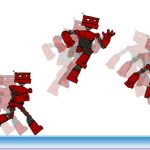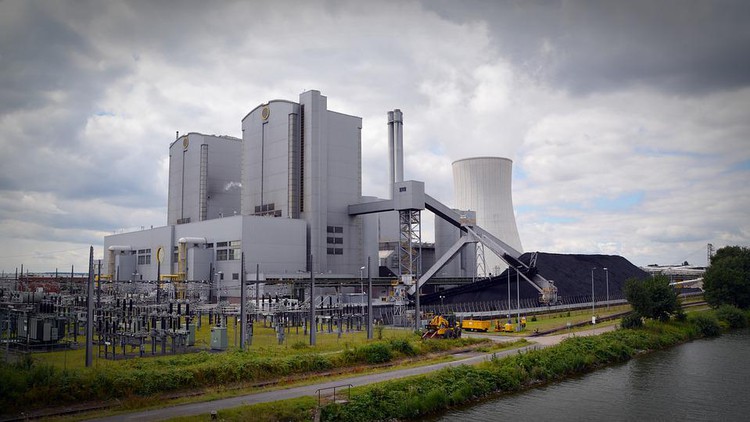Energy Engineering
Power Plant Engineering
What you’ll learn
- To study the power generation scenario, the components of the thermal power plant, improved Rankin cycle, Cogeneration cycle
- To understand details of steam condensing plant, analysis of condenser, the environmental impacts of the thermal power plant, method
- to reduce various pollution
- To study layout, component details of the hydroelectric power plant, hydrology and elements, types of nuclear power plant
- To understand components; layout of the diesel power plant, components; different cycles; methods to improve the thermal efficiency of gas power plant
- To study the working principle, construction of power generation from non-conventional sources of energy
- To learn the different instrumentation in power plants and the basics of the economics of power generation.
Requirements
-
Mechanical Engineering subject experience is essential, particularly knowledge of Power Plant Engineering is required.
Description
The course named Energy Engineering is meant for Final Year Mechanical Engineering students and is also Useful For third-year Mechanical students having the course title Power Plant Engineering. The course consists of Six units for theory and about 12 assignments for practical work. The course contains six units namely
Unit-I Introduction Power Scenario and Power Economics
Unit-II Condenser and Environmental impacts of Thermal Power Plant
Unit-III Hydroelectric and Nuclear Power Plant
Unit-IV Diesel and Gas turbine Power Plants
Unit-V Non-Conventional Power Plants
Unit- VI Instrumentation and Economics of Power Plant
The course usually in the university is for about 100 marks for theory paper and 50 marks for Practical work or may vary from university to university.
The course is most useful while facing the interviews at various industries / Offices, particularly power sector zones.
It will also be helpful for the learner to get sufficient knowledge and a strong foundation when he/she will be doing the job.
Who this course is for:
- Mechanical Engineering Students










Add Comment